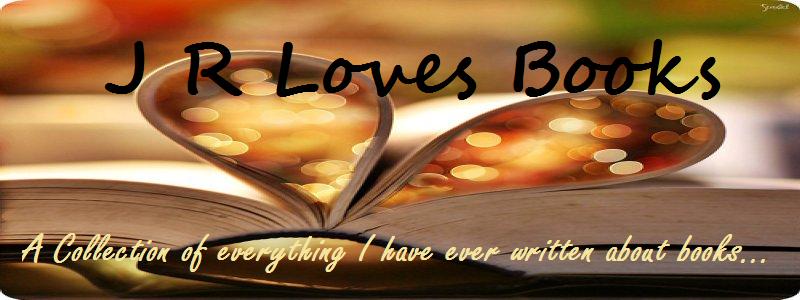Life is Always Aimless.......
Unless You love It
by Ratnadip
Acharya
Published: January
2013
Publisher: Srishti Publishers
ISBN: 9789380349831
 Blurb: Do we
you really know how much courage is required to listen to our own heart?
Blurb: Do we
you really know how much courage is required to listen to our own heart? Meet Akash, an young engineer, who dreams of becoming a writer. But all his works meet with is rejection from publisher. Will he ever be rewarded for listening to his heart?
Smitten by wanderlust, adventurous Sandip does not care much about career, marriage or making a family. How will life treat him for listening to his heart?
Possessor of a charming personality, Chirag, has a deep penchant for women. But deep down the motherless Chirag is terribly lonely. What is in store for this vulnerable young man?
Maria Fernandez is a lonely and a less-than- looking young girl who firmly believes that possessing a tender heart is enough to make her world beautiful. Will ruthless life shatter her belief?
As their life got seamlessly inter-wined with many others they realized that Life is Always Aimless .... Unless You Love it.
I’d been closing
on reviewing once I got this book to review. Supposedly, my last one at that
time, I accepted it with open arms.
The book starts
with a bunch of people staying at a hostel for the new recruits of ICL. Away
from home, and adjusting with multitudes of people and ideologies, this book
divulges us into the different stories of a group of these people.
The cover of the
book with the shades of violet, blue and lavender, a reader like me would be
instantly attracted to it. But, I felt a little lack of detail in the design
which might prove to be a down for the mass market buyers. The billboard of the
book might attract some, while some will just pass the glance over it.
Nevertheless, the cover is in sync with the plot.
A wonderful thing
about Ratnadip Acharya is that he hasn’t just followed the trend. Yes, we do
have engineers in it, but it is beyond the contemporary Indian fiction we find
in the market. Ratnadip Acharya has thought out of the box, leaving aside banal
conversations and unnecessary intimacies. The plot, compared to the rest of the
contemporaries in the market, is serious and mature. It is a daring step enough
in itself for defying the trends doesn’t work all the time.
Though the story
is fine, but a little hindrance to successfully finishing the book would be its
slower pace. The plot moves excessively slow, especially in the first half. By
the time it picks up momentum about after half of the book, the reader might as
well have stopped reading much before it. I found certain parts of the chapters
quite unnecessarily having a place in the text, while they technically
contribute very little to the main plot of the story. At such point, the story
seems to just drag a little.
The language of
the book is lucid. The text is in cohesion and the descriptions and POV’s are
well taken care of. The chapters, if could have been a little less longer,
would’ve provided a breeze to the flow of the book. The book stands by its
title until the end of it, which wins it another plus point.
The other things
that should’ve been taken care of are the sudden introduction of a village of
characters right in the first chapter. If you read one chapter today, and the
next tomorrow, you might even forget the who’s who of the book, until ofcourse,
you get used to it.
Above all, the
book stands upto the expectations and has a nice rhythm to it. If you are to
spend a lazy weekend this week, have a buy at Ratnadip Acharya’s Life is Always
Aimless.
I wish Mr.
Acharya all the best with the book.





